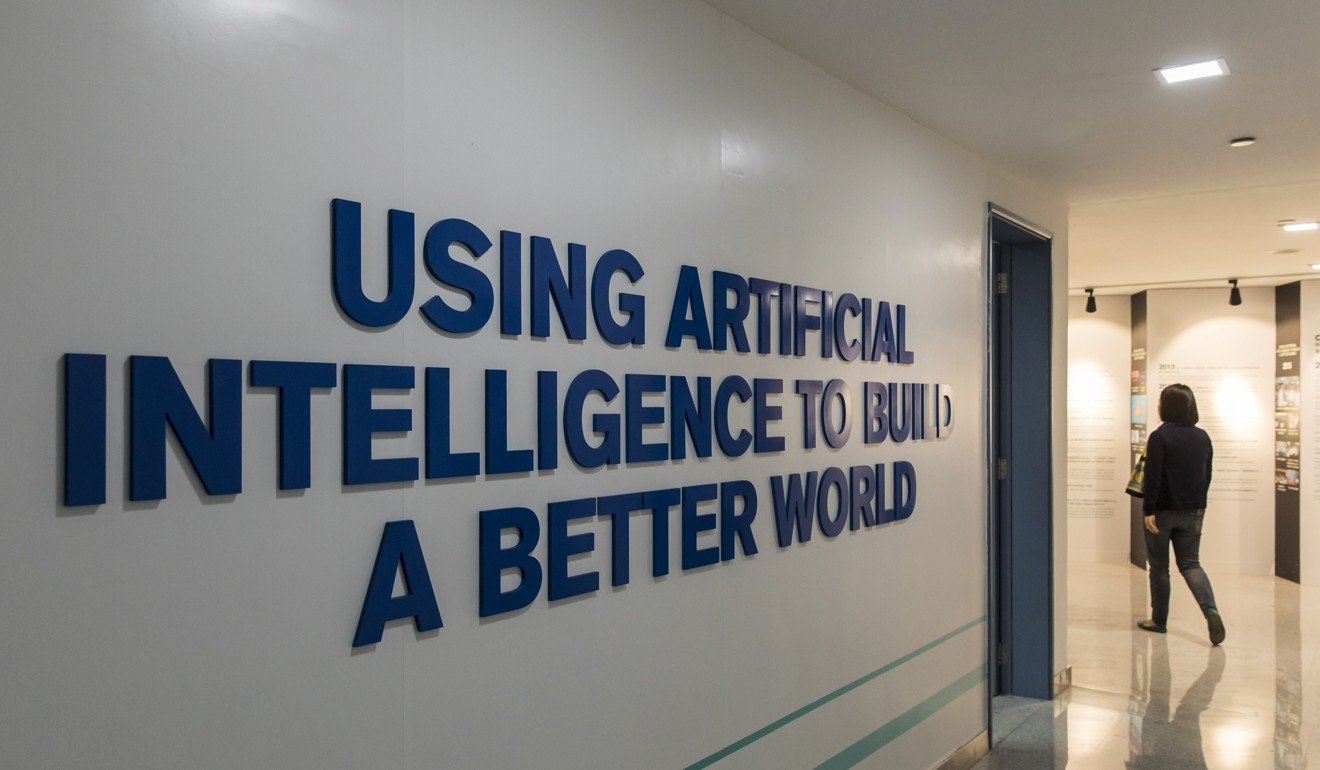
Here’s why China may regret the Pyrrhic victory of winning the global artificial intelligence race
With the US, Russia and others in the same race for super intelligence, Beijing must compete to win even at the risk of unleashing a power it cannot control
Two months later, China’s State Council announced an ambitious national programme to overtake the United States in artificial intelligence (AI) by 2030.
Coincidence? Perhaps, but it is easy to see how the prospects of losing the AI race to the Americans would scare the wits out of Beijing.
China’s AI pronouncement has since been called a new Sputnik moment for Washington – a wake-up call akin to the 1957 launch of the first space probe by the former Soviet Union, which pushed the Americans to double down on military and aerospace technology, and culminated in the Apollo 11 moon landing in 1969.
In the meantime, the warm-up is “narrow AI”, which has already been developed by Chinese and American companies to do specific tasks, ranging from autonomous driving to teaching children their ABCs.
AI experts believe the US, led by Alphabet and its London-based DeepMind AI research unit, is ahead in developing AGI, which is the race China is throwing its weight behind now, but may be too far behind to catch up in time.
In terms of investment, US$2.6 billion of capital has flowed into China’s AI sector in the four and a half years to June, only one-seventh of the amount going into the US, according to research by Wuzhen Institute and NetEase.
There is a good chance, however, that China could win the AI marathon given the country’s sheer size (population and economy) and its stamina for playing the long game, a characteristic lacking in the US where policies can change after every presidential election.
Most AI experts believe a breakthrough in super intelligence is decades away at best, if at all, in our lifetimes.
Winning the marathon, however, would be a Pyrrhic victory for China and the ruling Communist Party, which does not tolerate dissent of any kind. Consider why Chinese censors routinely ban supernatural stories from television and movies – because they convey the idea of powerful forces that cannot be controlled by the party.
Last year, an AI-powered chatbot was pulled from a Chinese web platform after it gave inappropriate answers. Question: What is the Chinese dream? Answer: To live in America.
Oops. Better not try that with a superintelligent AI, which would view the smartest humans in the room the same way we view apes today.
Still, knowing that the Americans – not to mention Russians, Israelis and Canadians – are in the same race for super intelligence, Beijing must compete to win even at the risk of unleashing a power it cannot control.

What exactly could a superintelligent AI do that could enable its inventor to rule the world? AI experts agree that its first task will be designing a much smarter version of itself. Then anything is possible.
Invent a new low-cost, clean energy source. Check.
Devise a strategy to disable an opponent’s military superiority. Check.
Improve medical care to extend the life of the country’s leaders. Check
Scary stuff if you do not trust the machine. That is why AI experts talk about the “god-slave” scenario, in which the first to develop artificial super intelligence will keep it “locked up” for fear of losing control – something a totalitarian government is more likely to do than, say, a Google.
Putting aside the question of why such a superior intellect could not escape from human-imposed confines in the first place, such a strategy would limit its capabilities against an equivalent super intelligence from other nations.
If China wins the marathon but embraces the god-slave approach, Beijing will effectively be ceding the race to the runner up.
Who then rules the world? Perhaps the opposing super intelligent entities can compete in a Go match. Winner takes all – literally.
Craig Addison, a news editor at the South China Morning Post, has been covering Asia technology since 1992.

